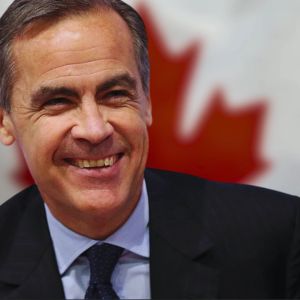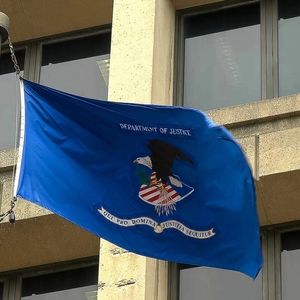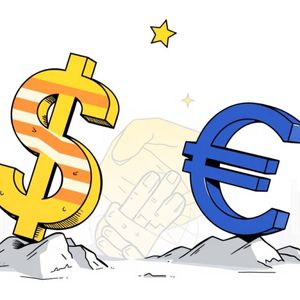Canada’s PM Mark Carney says talks with the U.S. are still active
3 min read
Prime Minister Mark Carney said Canada is still deep in talks with the U.S., even though President Trump dismissed Canada, saying the U.S was not focused on it and may not reach an agreement. On Monday, Carney dismissed Trump’s remark and said, “It’s a negotiation.” He added, “Take what’s said in the public domain as part of that context.” He made clear that Canada is determined to keep the talks moving forward, as reported by Bloomberg . Carney noted that talks have entered a critical stage. He emphasized he would he would agree to a deal only if it offered genuine advantages for Canada. Simultaneously, he admitted that it’s unlikely that all US tariffs on Canadian exports will be removed. “We’ll aim for the best possible outcome,” he said, but warned Ottawa must be realistic about the concessions each side can offer. This past Sunday, the EU finalized an agreement establishing a 15% baseline duty on the majority of its shipments to the US. Prior to that, Japan made a comparable arrangement, also subject to a 15% levy. Europe’s deal also involved pledges to increase purchases of US energy, whereas Canada, a key oil and gas supplier to the US market, does not include such provisions. Carney observed that this contrast influences Canada’s leverage at the negotiating table. Carney sees potential “landing zone” Addressing the press in Prince Edward Island, Carney mentioned there could be a “landing zone” for a new deal, though he didn’t share any more details. He cautioned that “there are many aspects to these negotiations” and added, “we have to find the right balance, and time will tell whether we can reach it.” His visit showed how many different industries Canada has to consider. Dominic LeBlanc, Canada’s trade minister, is heading to Washington this week ahead of the August 1 deadline, by which Trump may increase duties on Canadian exports from 25% to 35%. LeBlanc and other senior officials have met with Republican lawmakers to show how much Canadian pension money is invested in U.S. infrastructure, real estate, and industry. USMCA tariff exemptions could continue, but the decision rests with Trump Most Canadian exports that meet USMCA rules still dodge the new tariffs, and White House officials say that could continue after August 1, but Trump will make the final call. Cars, steel, aluminum, and lumber are still hit with high duties, and he may impose a 10% tariff on copper as soon as Friday In British Columbia, Premier David Eby suggested ways to make progress on the long-running softwood lumber dispute. Speaking on Monday, he referenced plans aimed at stabilizing supply chains, improving American mill profitability, and safeguarding Canadian manufacturers. He noted that “one opportunity is the softwood lumber issue.” Earlier this month, Eby mentioned that the federal government could consider capping lumber exports to the US to resolve the stalemate. He concluded, “I’m strongly encouraging the prime minister to see if he can take a piecemeal approach with the president and identify those wins, maybe create some momentum,” adding, “But who knows what’s on offer from the president?” Meanwhile, Canada’s Minister for International Trade, Mary Ng, revealed that Ottawa and South America’s Mercosur bloc are gearing up to deepen talks on a bilateral free‑trade agreement, marking a key step in Canada’s strategy to diversify its export markets beyond the United States. Ng said that her recent conversation with Brazil’s foreign minister underscored a genuine appetite on both sides to kick negotiations into high gear. “There is strong political will in Mercosur capitals to explore a comprehensive pact with Canada,” she noted, highlighting early discussions on tariff cuts for Canadian canola, beef and wood products in exchange for increased South American purchases of machinery and information‑technology services. Your crypto news deserves attention – KEY Difference Wire puts you on 250+ top sites

Source: Cryptopolitan



